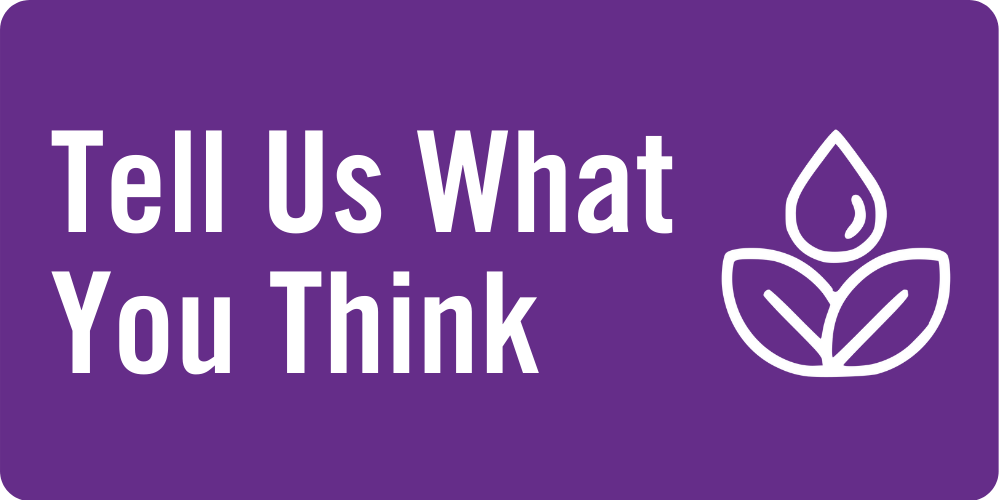Where you go to get support for what you are going through might depend on the nature of the problem, the symptoms you experience and what kind of help you are looking for.
- Friends/Loved ones. You might feel most comfortable discussing your struggle with someone you trust and are comfortable with. They could:
- help you to find information
- discuss your options with you
- come with you to appointments
- help out with everyday tasks
- give encouragement and support.
- Peer Support. It can be helpful to talk with someone who has a similar lived experience. This could be a student group on campus or an online forum (like togetherall or TalkCampus). Peer support can:
- listen and share their own experiences
- provide emotional support
- inspire hope
- create supportive social networks
- Health Care Providers. You can also discuss your concerns with a healthcare provider. They could:
- make a diagnosis
- offer you support and treatments
- refer you to a mental health specialist
- recommend local support options
- Mental Health Specialist. You might decide to go directly to a mental health specialist- like a counsellor or therapist. A mental health provider can:
- help you explore your thoughts and feelings in more depth
- identify your thinking and behavioural patterns
- help you learn coping strategies
- refer you to specialized supports
- Crisis response. If you are having thoughts of suicide or are in emotional distress, there are 24/7 crisis supports you can access.
Complete a self-assessment using the WellU Key to learn more about the resources available to you as a Lakehead student.




